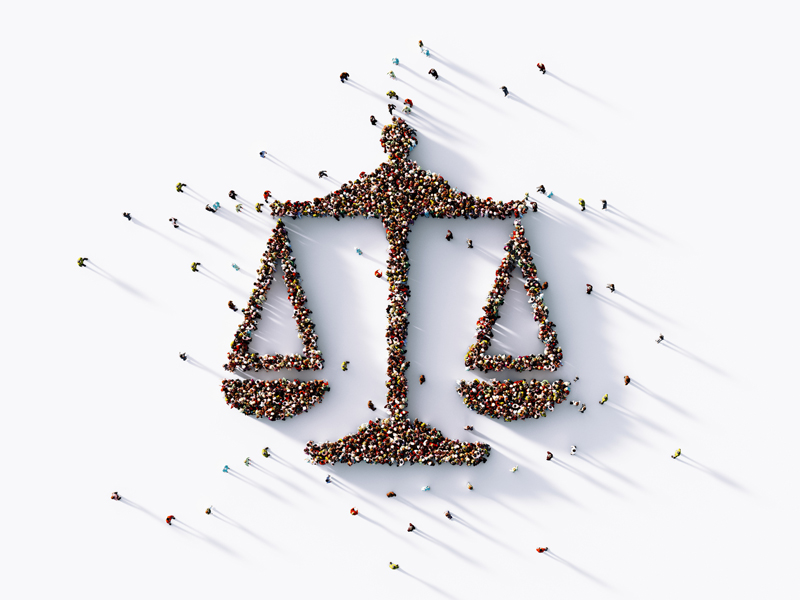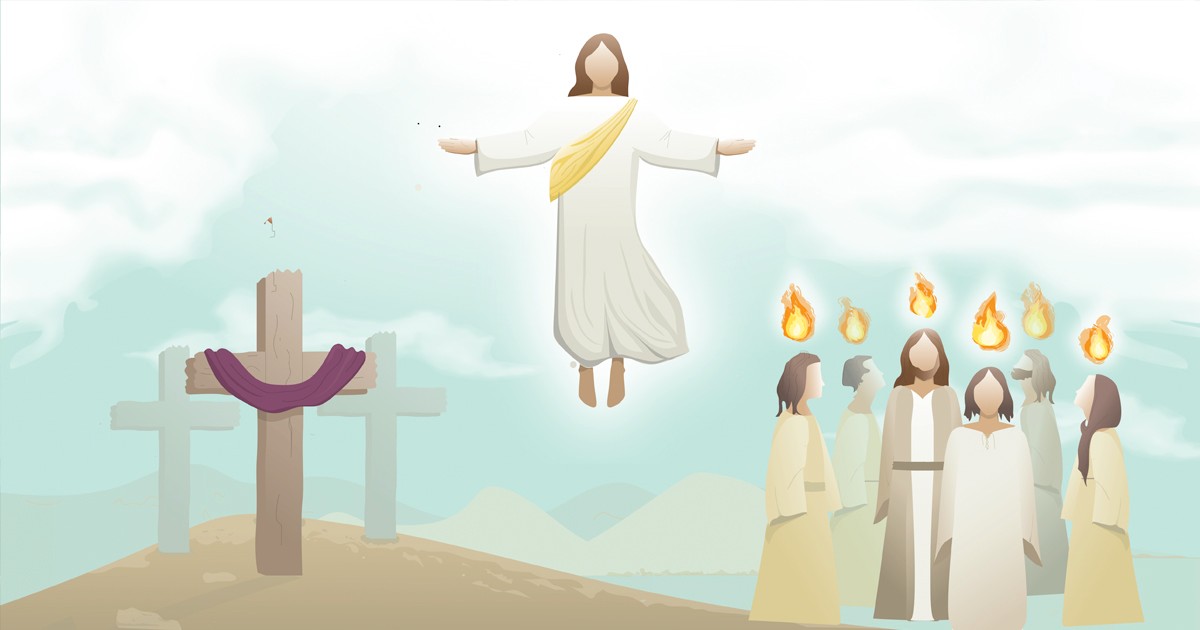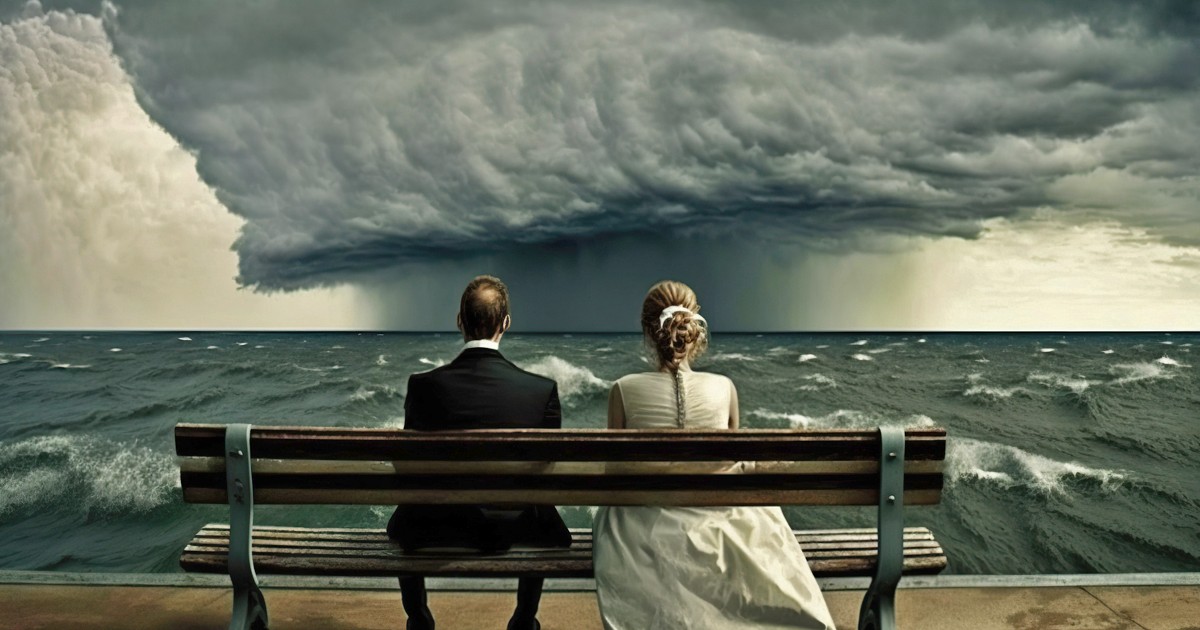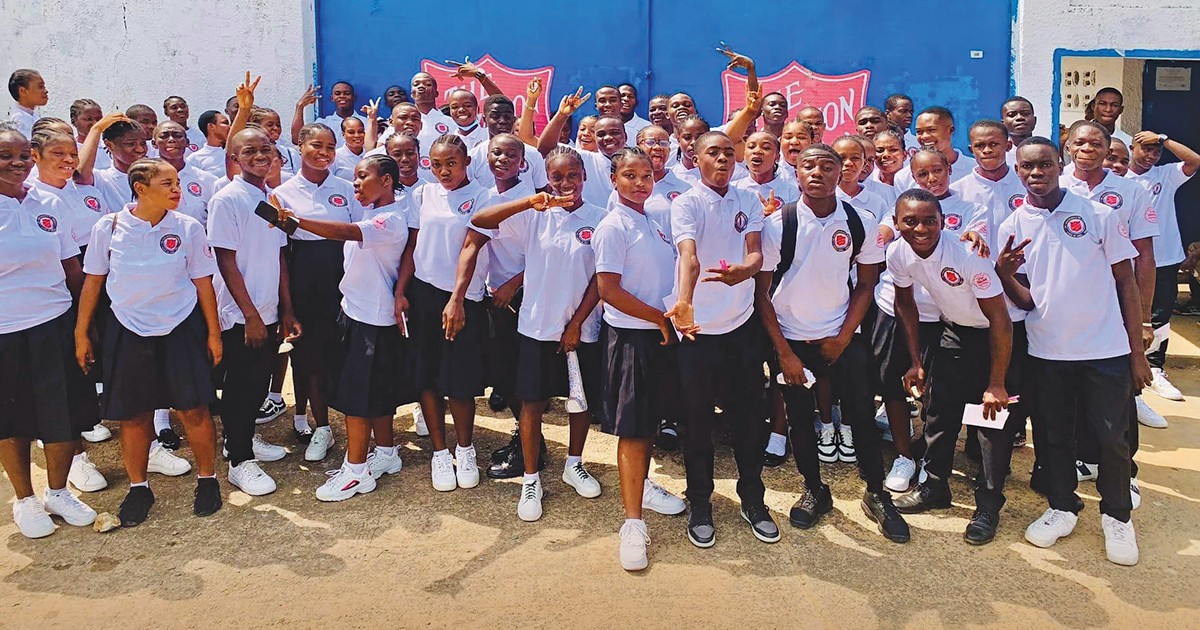The idea of “social justice” has become increasingly popular in recent decades. Sometimes it is mentioned in a positive way; sometimes less so. (Admit it, none of us likes a social justice keyboard warrior!)
In an age characterized by increasingly polarized values, harsh politics and natural disasters, it seems that each of us can recognize that something in this world is just not right—it’s not the way it’s meant to be. You’d be hard pressed to find someone who doesn’t want the world to become a better place.
The idea of social justice is not new—in fact, the term “social justice” first emerged during the Industrial Revolution in the early 19th century. The concept of a more equal and fair society for all people was one that appealed to many in a time when the gap between the rich and the poor was increasing. The concept of social justice was an attempt by many to make the world look more like they believed it should.
Fast forward to today and the term is used to describe the way people work against inequality in many different parts of everyday life, including the environment, race, gender and identity.
It’s important to recognize that social justice is so much more than just a list of issues or campaigns. In fact, it is a difficult thing to define, as the term social justice evokes a variety of responses that differ from person to person. I believe that it is impossible, and somewhat unwise, to pin down a single definition, as to do so inevitably excludes many of its elements.
However, it is my belief that working for social justice is working to see the world become a better place—a place where all people, not just some, thrive and have the opportunity to be all that they can be; a place where we connect to the environment, to the people around us, and to God, in a healthy way.
To me, social justice is working to see the world become the place that God intended it to be when he created it. Within the church, and within The Salvation Army, we call this “the kingdom of God on earth.” When we pray the Lord’s Prayer, we ask, “Thy Kingdom come, thy will be done, on earth as it is in heaven.” We are asking for the world to look like God’s kingdom in heaven. Therefore, those elements on earth that would not be present in heaven—those social problems and injustices that affect us in the day to day—are not part of a world based on God’s justice. They’re not what God wants for the world. While this is not a clear-cut definition, it helps me to think through how I want to live my life, particularly as someone who is passionate about social justice.
Rather than being simply a list of issues, social justice is a lifestyle made up of a series of choices, every day, to live a life that makes this world better for all.
There are examples of people throughout history who have chosen to live a certain way to see the world look more like they believed it was meant to. Mother Teresa, Martin Luther King Jr., William Booth … the list goes on—all people who made choices in their day-to-day lives to live differently, so that life would be better for others.
When we look at the life of Jesus, we find a person whose sole purpose was to show us more of what the world should look like. In reflecting on his example as portrayed through the Gospels, we can find practical guidance on how we should treat others. Throughout his life, Jesus consistently included the excluded, challenged harmful cultural practices, confronted the powerful and advocated for the oppressed—all values which today are recognized as “social justice.”
Similarly, the way we live our lives—the choices we make every day—say a lot about what we value and what we want this world to look like. Yes, sometimes we can be part of big, world-altering movements, but for the most part social justice is a series of seemingly small choices, which work together to make this world a better place.
As someone who works in the social justice space, I am often approached by people asking which campaigns they can get on board with, or what issues they can champion. There are so many campaigns and so many issues—sometimes it’s hard to know where to start!
However, I’m a big believer in looking at what’s right in front of me. As former world No. 1 tennis player Arthur Ashe once said: “Start where you are. Use what you have. Do what you can.”
We can have a significant impact on the world through the way we live in the day to day—through the way we connect to the earth we stand on and the way we connect to those around us. Let’s start living every day, in the big choices and the small ones, in a way that makes the world better for all.
Casey O’Brien Machado works in The Salvation Army’s policy, research and social justice department in the Australia Territory.
Illustration: MicroStockHub/iStock via Getty Images Plus
Reprinted with permission from others magazine (The Australia Territory).










Comment
On Tuesday, March 24, 2020, Brittany Krahn said:
Leave a Comment